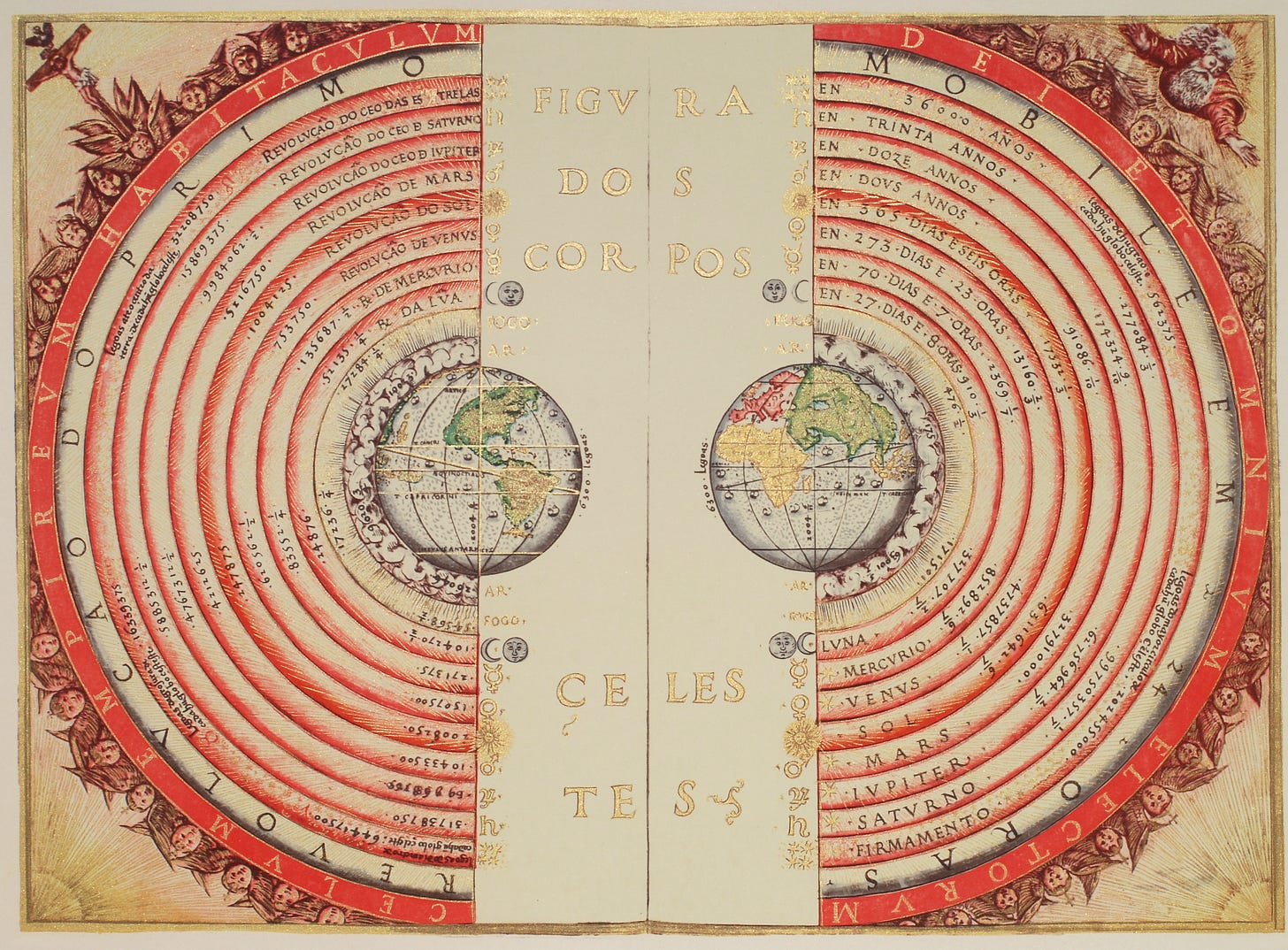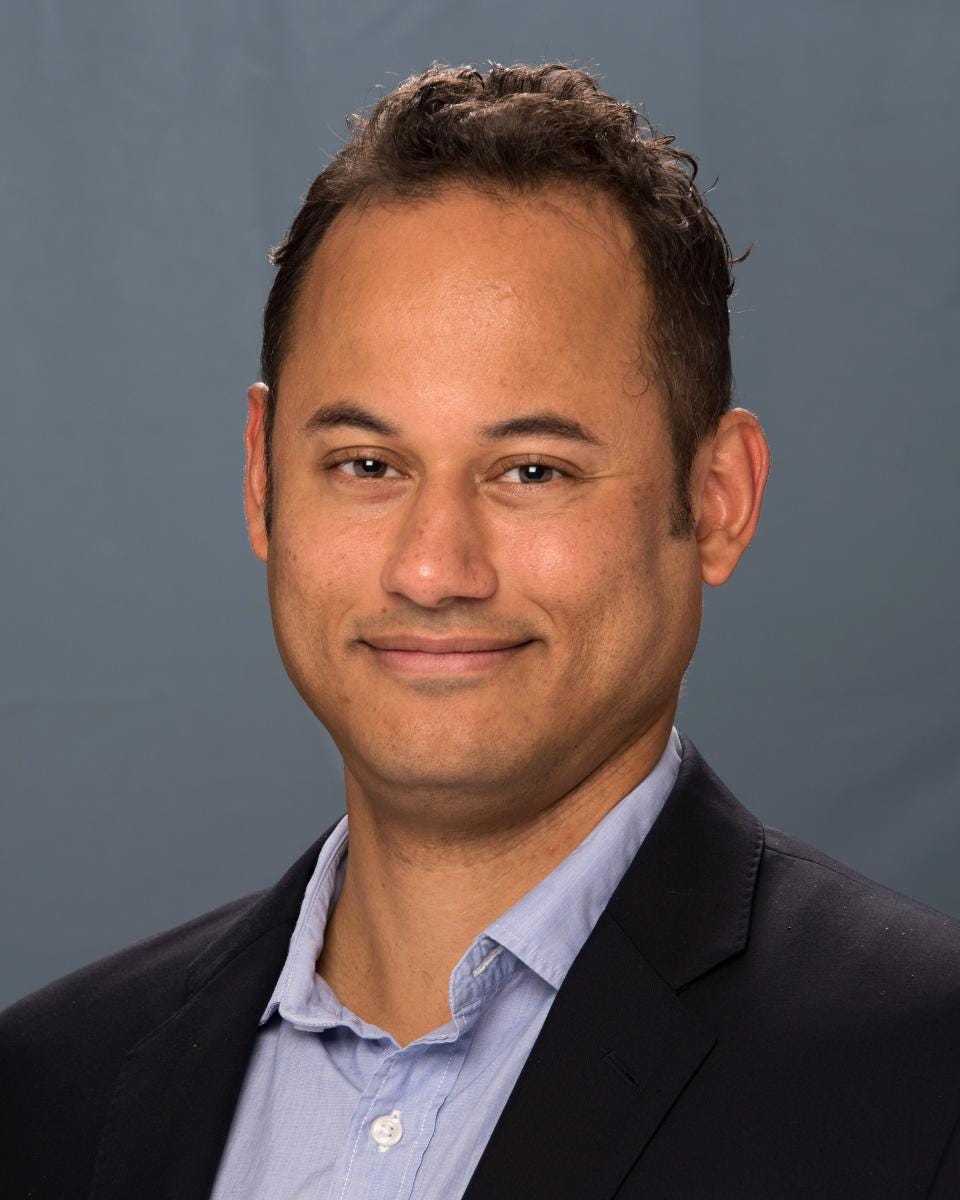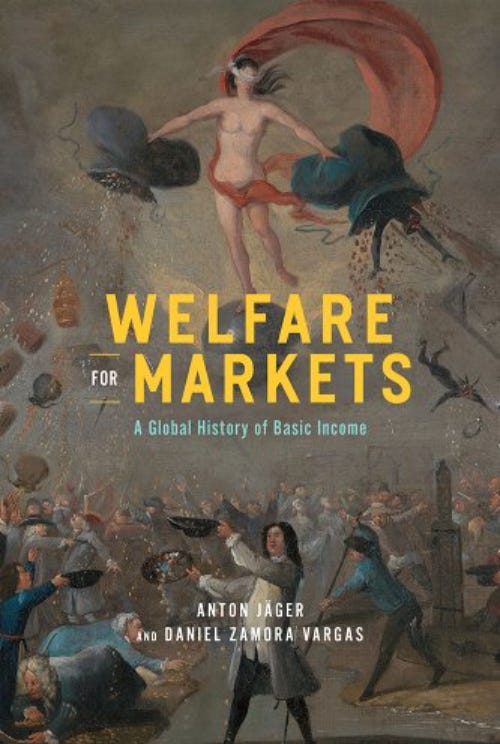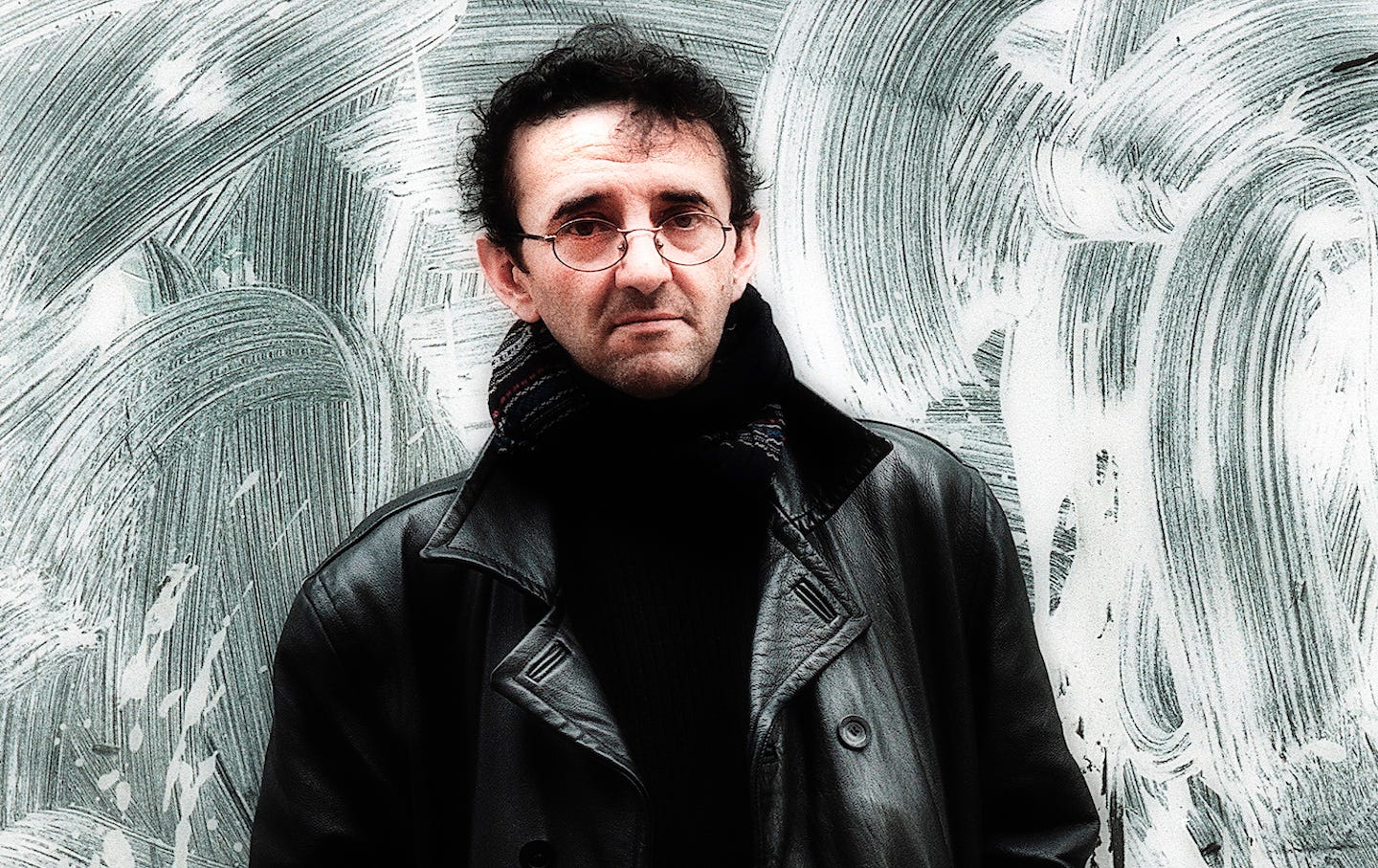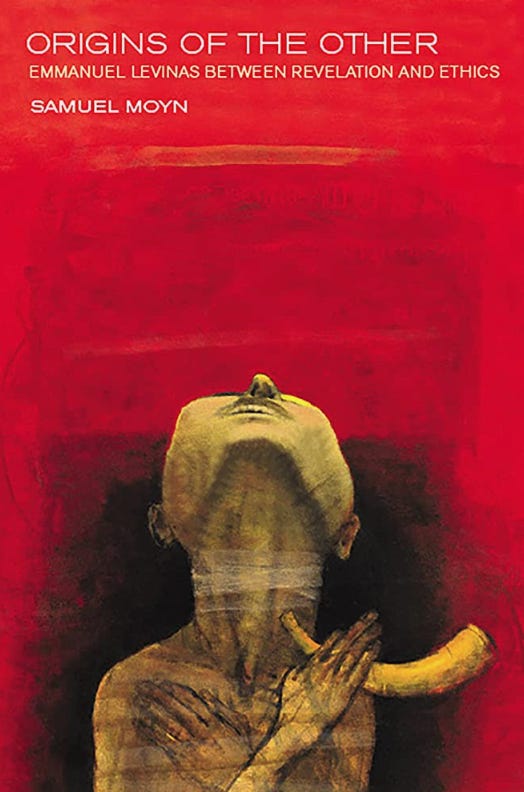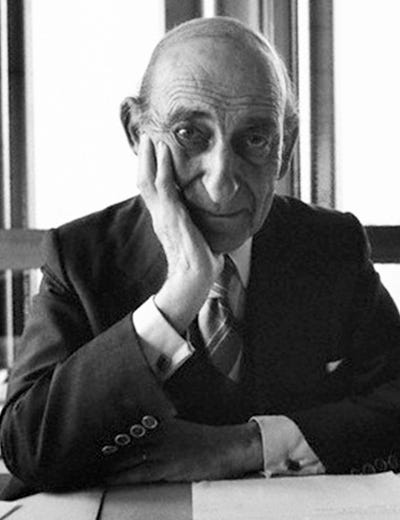Intellectual History and Its Discontents
Featuring New Books in Intellectual History and an interview with Professor Daniel Steinmetz-Jenkins
Intellectual History
Focusing solely on the present can lead us to forget that everything has a history. We often accept myths for convenience, disregarding the relevance of the past. However, this approach obscures the unpredictable nature of events, including the many turning points that have shaped history. Intellectual history studies the historical context of ideas and their development by people. Through this lens, we gain insights into the complex paths that ideas have taken throughout history.
Intellectuals shape and challenge prevailing notions. Ideas take winding paths through different cultures and people. An idea linked to one school of thought may be embraced by another opposite school. What was once heretical may now be conventional, and vice versa. Studying intellectual history exposes these patterns and broadens our imaginations for the future.
In this week’s newsletter, we feature New Books in Intellectual History.
Scholarly Sources
Daniel Steinmetz-Jenkins is Assistant Professor in the College of Social Studies at Wesleyan University.
Q: What are you reading right now?
A: At this moment, I’m reading Daniel Zamora and Anton Jäger’s new book Welfare for Markets, which is a social-intellectual history of the idea of basic income. Prior to reading it, I was ignorant of the early modern roots of UBI, not to mention its 20th-century interwar and early Cold War inspirations. UBI, the authors show, is quite a protean political idea—having defenders by those on the Left, Right, and Center. My main takeaway so far is that, despite its political diversity, UBI ultimately proves friendly to the market.
I’m also reading Roberto Bolaño’s The Savage Detectives. A colleague at Wesleyan recommended it to me and I must say that I find myself laughing out loud a fair bit, even if I’m not quite sure Bolaño is intending to use humor.
Q: What is your favorite book or essay to assign to give to people and why?
A: That would be Yuri Slezkin’s The Jewish Century. To be honest, I’ve never encountered a contemporary historian that writes like him. The way he is able to bring history, philosophy, religion, and literature together to illuminate a specific topic is mesmerizing. I’m not a Russian historian, nor am I trained in Jewish studies, but I find The Jewish Century one of the most intellectually satisfying reading experiences I have ever had.
Q: Is there a book you read as a student that had a particularly profound impact on your trajectory as a scholar?
A: I’d probably say Samuel Moyn’s first book, Origins of the Other: Emmanual Levinas Between Revelation and Ethics. I mention this book because prior to reading it, I thought I would do doctoral work in religious studies with a focus on history and politics. But this book exposed me to a discipline that would allow me to do all three of those at once, namely: intellectual history. Before I read Moyn’s book (which was recommended to me by the historian Benjamin Lazier), I had completed an M.A. in theology and was quite familiar with Karl Barth’s theology. Part of the argument of Moyn’s book is that Levinas was influenced by the early 20th-century turn in Germany to neo-orthodoxy/dialectical theology that, in part, was initiated by Barth— the idea being that the formation of Levinas’s early conception of alterity took place in the wider intellectual and theological context of a turn towards transcendence. The book talks about other influences as well—Martin Buber, for instance—but since I was familiar with Barth, I really found Moyn’s approach to his subject matter (one sensitive to theological influences) very attractive. A few years later, I became one of Moyn’s doctoral students.
Q: Which deceased writer would you most like to meet and why?
A: That’s a tough question. I’ll pick Raymond Aron, the 20th-century French liberal and intellectual (and mainly because I’m writing a book about him and have so many questions). His writings and correspondence of the 1930s seem quite impressed with how fascist regimes, and principally Hitler’s Germany, were able to recover from the economic crisis earlier that decade. Later in life, Aron defended collaborationists, such as Alfred Fabre-Luce and Bertrand de Jouvenel. He was a harsh critic of Zeev Sternhell and even Robert Paxton, as their writings showed the fascist elements that were alive in well in France during the 1930s and during the Vichy period. I’d want to push him on all of this, especially as he is considered the great French liberal thinker of the 20th-century.
Q: What's the best book you've read in the past year?
A: I get to read great books all the time as I run an interview series for The Nation centered on new books in history, economics, politics, etc. I’d hate to pick one, but let me say Tara Zahra’s Against the World: Anti-Globalism and Mass Politics Between the World Wars. I think using the 1990s rhetoric of globalization to understand the interwar period largely worked and proved conceptually rich.
Q: Have you seen any films, documentaries, or museum exhibitions that left an impression on you recently?
A: I recently rewatched a number of episodes of The Last Dance, the documentary series about Michael Jordan’s last season with the Chicago Bulls. I’m closer to Lebron James’s age than Michael Jordan’s, but I’ve never experienced such excitement surrounding an athlete in my life than when Michael Jordan was playing basketball in the 1990s. Well, there is one exception, and that would be the so-called Linsanity phenomenon when Jeremy Lin was playing basketball for the Knicks (2011-2012).
I remember I was commuting from Columbia—where I was a doctoral student—to Princeton to take a class with the historian of political thought, Jan-Werner Mueller. After the class, I would take the New Jersey Transit train back to Penn Station, and when Lin was playing, it was like the entirety of New York City had stopped to watch. I’ve never seen anything like that, with the exception of Michael Jordan.
To bring this back to literature, if there is one athlete I could meet, it would be Kareem Abdul-Jabbar who is one of the most insightful political commentators this country has, in my opinion.
Q: What do you plan on reading next?
A: Next book up is Quinn Slobodian’s new book, Crack-Up Capitalism.
New Books, Links, & Other Things
Richard Conniff, Ending Epidemics: A History of Escape from Contagion (MIT Press, 2023)
Beth Bailey, An Army Afire: How the US Army Confronted Its Racial Crisis in the Vietnam Era (UNC Press, 2023)
Lee Lowenfish, Baseball's Endangered Species: Inside the Craft of Scouting by Those Who Lived It (Nebraska UP, 2023)
Adrienne Mayor, The First Fossil Hunters: Dinosaurs, Mammoths, and Myth in Greek and Roman Times (Princeton UP, 2023)
James R. Russo, Jacques Rivette and French New Wave Cinema: Interviews, Conversations, Chronologies (Liverpool UP, 2023)
Interested in Becoming an NBN Host?
Are you interested in becoming a New Books Network host? Are you a professor, graduate student, or an expert in a particular field of study? Apply to become a host to help support our mission of creating a free and accessible academic library!

